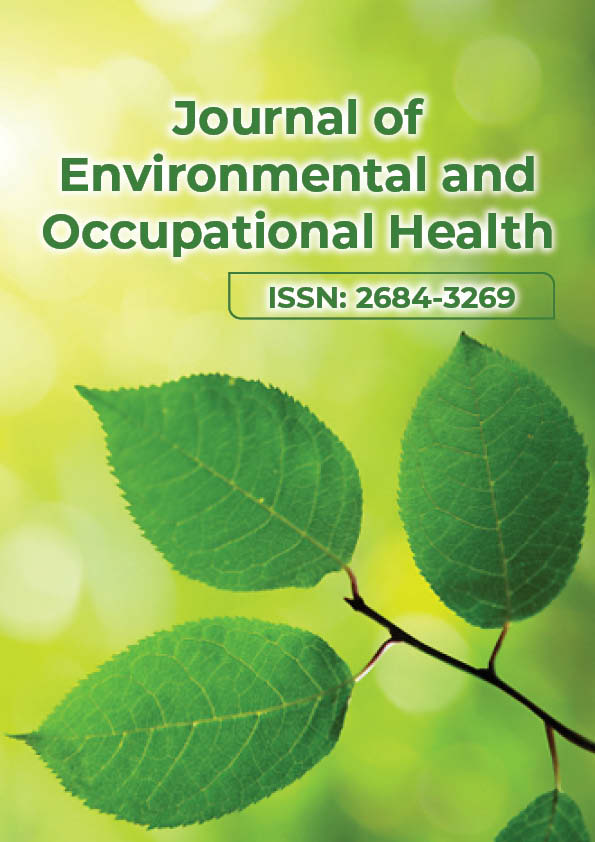Effects of cigarette smoking on some coagulation parameters of smokers in Nnewi metropolis
Abstract
Okeke Okechukwu Chizoba, Ekeanumba Hillary Ebuka
Background/Aim: Cigarette smoking has been shown to adversely affect coagulation parameters resulting in hemostatic complications. This was a case-control study designed to evaluate the coagulation profile of cigarette smokers in Nnewi metropolis. Materials and Methods: A total of 116 subjects were recruited comprising 58 cigarette smokers and 58 non-cigarette smokers. The age of the subjects, the quantity of sticks per day and duration of smoking were obtained from the subjects using a questionnaire. Prothrombin time (PT) was estimated by the calcium-thromboplastin method of Quick (1935), activated partial thromboplastin time (APTT) by the method of Koepke (1986), platelet count was carried out by the routine ammonium oxalate method as described by Cheesbrough (2006), and fibrinogen level by Clauss method (1957). Ethical approval was obtained from the Ethics Committee of Faculty of Health Sciences and Technology, Nnamdi Azikiwe University and Informed consent was obtained from the subjects before being recruited for the study. Statistical Package for Social Sciences (SPSS) version 20 was used for statistical analysis. Results: The results showed that the mean values of PT and APTT of smokers were significantly prolonged compared to non-smokers (P < 0.05), while platelet and fibrinogen level were significantly lowered in smokers compared to non-smokers (P < 0.05). PT was also significantly prolonged in smokers of age groups above 30 years compared to smokers below 30 years of age, while APTT was significantly prolonged in smokers above 40 years compared to those below 30 years (P < 0.05). However, platelet and fibrinogen levels were significantly higher in smokers of age group 20-30 years compared to those above 30 years (P < 0.05). PT and APTT were also significantly prolonged with increasing duration of smoking as well as number of sticks per day, while there was a relative decrease in platelet and fibrinogen levels with increasing duration and number of sticks per day. Conclusion: It was concluded that cigarette intake alters PT, APTT, platelet and fibrinogen values, while age, duration of smoking and number of sticks per day were determinant factors to the extent of coagulation dysfunction in smokers.
PDF




